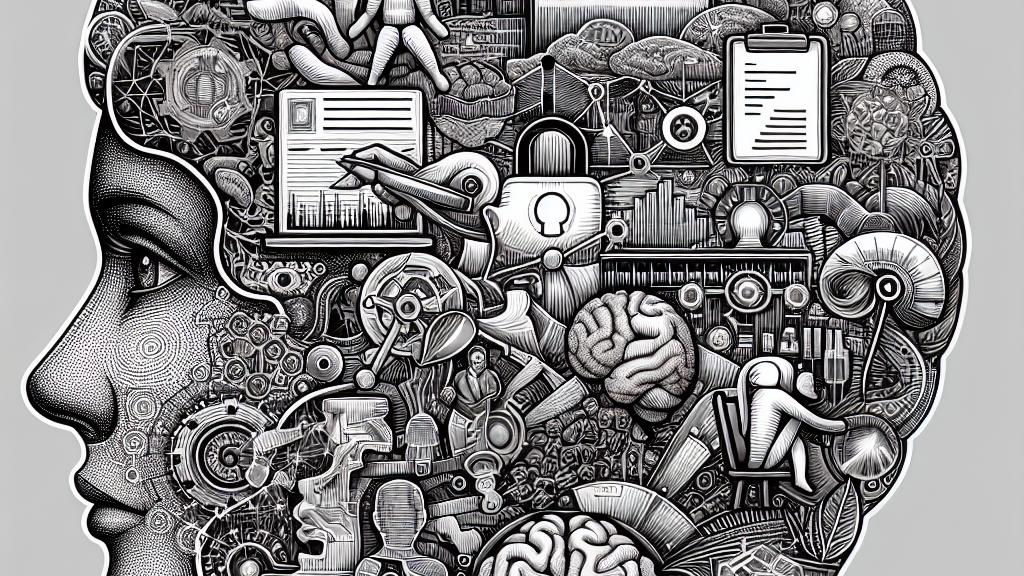California Passes Law to Protect Neural Data Privacy
Overview
- California Governor Gavin Newsom's signing of SB-1223 marks a revolutionary advancement in consumer privacy rights.
- This law establishes neural data as sensitive personal information, reflecting modern concerns over technological privacy.
- Residents now have the authority to request access and deletion of their neural data, asserting their rights in the digital landscape.

Introduction to SB-1223
On September 28, 2024, California achieved a historic milestone in privacy legislation when Governor Gavin Newsom signed SB-1223 into law. This groundbreaking legislation is notably the first of its kind in the United States, targeting the critical need for protections surrounding neural data. With advances in technology advancing rapidly, companies such as Neuralink, founded by the innovative Elon Musk, are at the forefront of developing brain-computer interfaces that can interpret thoughts and emotional states. The introduction of smartphone apps that monitor mental health by analyzing brain activity further underscores the importance of safeguarding such deeply personal information. SB-1223 is not merely a legislative response but a vital assurance that individuals' neural data will be respected and protected from misuse.
What SB-1223 Entails
So, what does SB-1223 precisely involve? The law defines neural data as information extracted from either the central or peripheral nervous system, using neurotechnology. Picture the vast landscape of data collected from devices that record cognitive performance or innovative brain implants capable of facilitating communication for paralyzed individuals. Under this new law, California residents enjoy the monumental right to demand transparent disclosures from companies about the neural data they collect. Even more empowering, individuals can insist on the deletion of their neural data whenever they wish. This approach not only fosters a sense of ownership over personal information but also harmonizes with existing regulations under the California Consumer Privacy Act (CCPA), which protects other types of sensitive data like DNA and biometric information. In essence, SB-1223 sets a new standard for privacy, advocating for a future where individuals' thoughts and feelings are their own.
Reactions and Implications
The passage of SB-1223 has ignited a lively debate, resonating far beyond California’s borders. Senator Josh Becker passionately champions the protection of neural data, stressing its critical role in defending individual rights in an era driven by technological innovation. His rallying cry underscores the urgent need for thoughtful policies in today’s digital world. However, voices from the tech industry, especially organizations like TechNet, express profound concerns related to the implications of this law. They argue that broad regulations could hinder innovation by complicating the development of technologies that enhance our understanding of human cognition and behavior. Importantly, SB-1223 wisely clarifies its focus, as it does not encompass non-neural data like heart rates or blood pressure. This precision reinforces California's position as a leader in the ongoing discourse about data ethics and consumer rights, prompting us to ask: how will this move inspire other states and countries to implement similar measures in protecting digital privacy?

Loading...